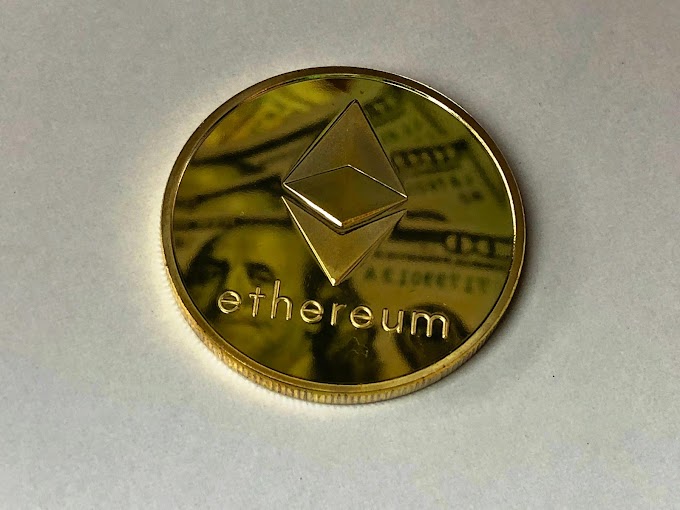Ethereum (ETH): Known for Its Smart Contract Functionality
Ethereum (ETH) is a decentralized platform that enables developers to build and deploy smart contracts and decentralized applications (dApps). Proposed by Vitalik Buterin in late 2013 and development started through a Swiss company, Ethereum was launched in July 2015. It significantly expanded the potential uses of blockchain technology beyond the capabilities of Bitcoin.
Key Features:
Smart Contracts: Ethereum's most distinctive feature is its support for smart contracts, which are self-executing contracts where the terms of the agreement are directly written into code. These contracts automatically enforce and execute the terms when predefined conditions are met, eliminating the need for intermediaries (CoinMarketCap) (Blockworks).
Ethereum Virtual Machine (EVM): The EVM is a decentralized runtime environment that executes smart contracts. It ensures that all nodes in the network execute contracts in the same way, maintaining consensus and network integrity (CoinMarketCap).
Decentralized Applications (dApps): Developers can build and deploy decentralized applications on the Ethereum platform, which operate on the blockchain and are resistant to censorship and downtime. Examples of popular dApps include DeFi platforms like Uniswap and lending protocols like Aave (Blockworks).
ERC-20 Tokens: Ethereum's ERC-20 standard allows for the creation of fungible tokens on the Ethereum blockchain. This standard has been widely adopted for issuing new cryptocurrencies and for use in various decentralized finance (DeFi) applications (Blockworks).
Ethereum 2.0: Ethereum is undergoing a significant upgrade known as Ethereum 2.0 or ETH 2.0, which aims to improve scalability, security, and sustainability. The upgrade involves transitioning from a proof-of-work (PoW) to a proof-of-stake (PoS) consensus mechanism, which is expected to reduce energy consumption and increase transaction throughput (CoinMarketCap) (Blockworks).
Historical Significance:
Ethereum introduced the concept of a programmable blockchain, allowing for complex applications to be built on the blockchain itself. This innovation paved the way for the rapid development of the decentralized finance (DeFi) ecosystem, non-fungible tokens (NFTs), and other blockchain-based innovations (CoinMarketCap).
Use Cases:
- Decentralized Finance (DeFi): Ethereum serves as the foundation for a wide range of DeFi applications, including lending platforms, decentralized exchanges, and synthetic assets.
- Initial Coin Offerings (ICOs): Ethereum's ERC-20 standard made it the platform of choice for ICOs, a popular fundraising method in the cryptocurrency space.
- Non-Fungible Tokens (NFTs): Ethereum supports the creation and trading of NFTs, unique digital assets representing ownership of a specific item or piece of content.
- Enterprise Solutions: Many enterprises leverage Ethereum for private blockchains, supply chain management, and other business applications.
Ethereum's flexibility and robust functionality have established it as a cornerstone of the blockchain ecosystem, driving innovation and expanding the use cases of blockchain technology






